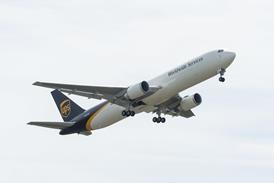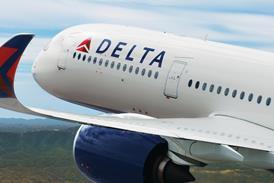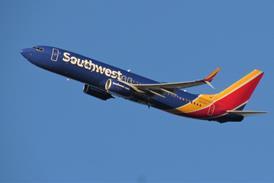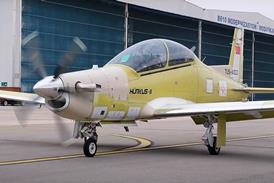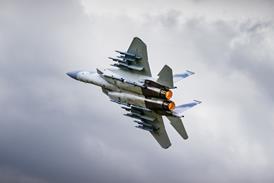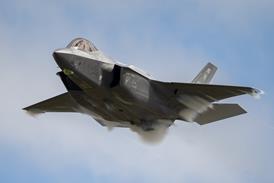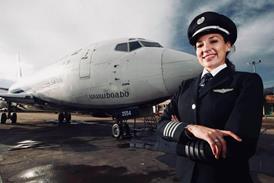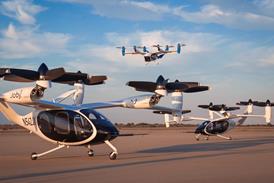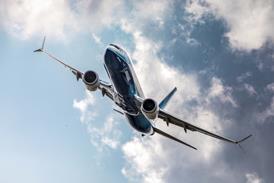Airlines are protesting plans by German air navigation service provider DFS to increase charges 30% from 2015.
Germany’s federal supervisory office for air traffic control, BAF – which oversees the state-owned ANSP – has declared an intent to boost user charges by €300 million ($406 million), which corresponds to an approximately 30% price rise, confirms DFS.
But while airline associations blame a shortfall in DFS’s pension fund for the price hike, the ANSP argues that the increase is mainly due to lower-than-expected traffic volumes.
Both the German airline association BDF and its European counterpart AEA have called on the German government to cover costs as the pension fund has, BDF says, “run out of control”.
DFS was privatised in 1993 as an independent, standalone organisation. While all shares are held by the state, the ANSP has been responsible for its occupational pension scheme, like other commercial businesses.
“We urge the German government as the owner of DFS to face up to its responsibility… to avoid an exorbitant increase in charges to the detriment of all airspace users and to the competitiveness of the air transport market in core Europe,” says AEA chief executive Athar Husain Khan.
DFS concedes that about a third of the price rice is due to increased pension costs. This is partly a result of a switch in accounting regulations from German to international financial reporting standards. A further reason is low interest rates, which have led to lower pension investment returns than expected, the ANSP says.
However, DFS argues that two-thirds of the price rise is due to lower traffic volumes and hence lower revenues than forecast. “While the European Union assumed that there would be a substantial increase in traffic volume, in reality traffic volume [has] dropped significantly… The airlines are well aware of this situation,” says DFS.
The ANSP will thus not be able to fulfil the EU’s objective to reduce air navigation service charges. Together with other EU member states, Germany’s coalition government – elected in 2013 – committed in February to lowering costs, as part of the Single European Sky reorganisation for greater air transport efficiency.
“Germany would become the state with the most expensive airspace in Europe. This would impede the further acceleration of the establishment of an SES,” says AEA: “The impact on European airlines will be huge, as Germany is one of the cornerstones of the functional airspace block Central Europe, which handles 55% of all European air traffic.”
Source: Cirium Dashboard

